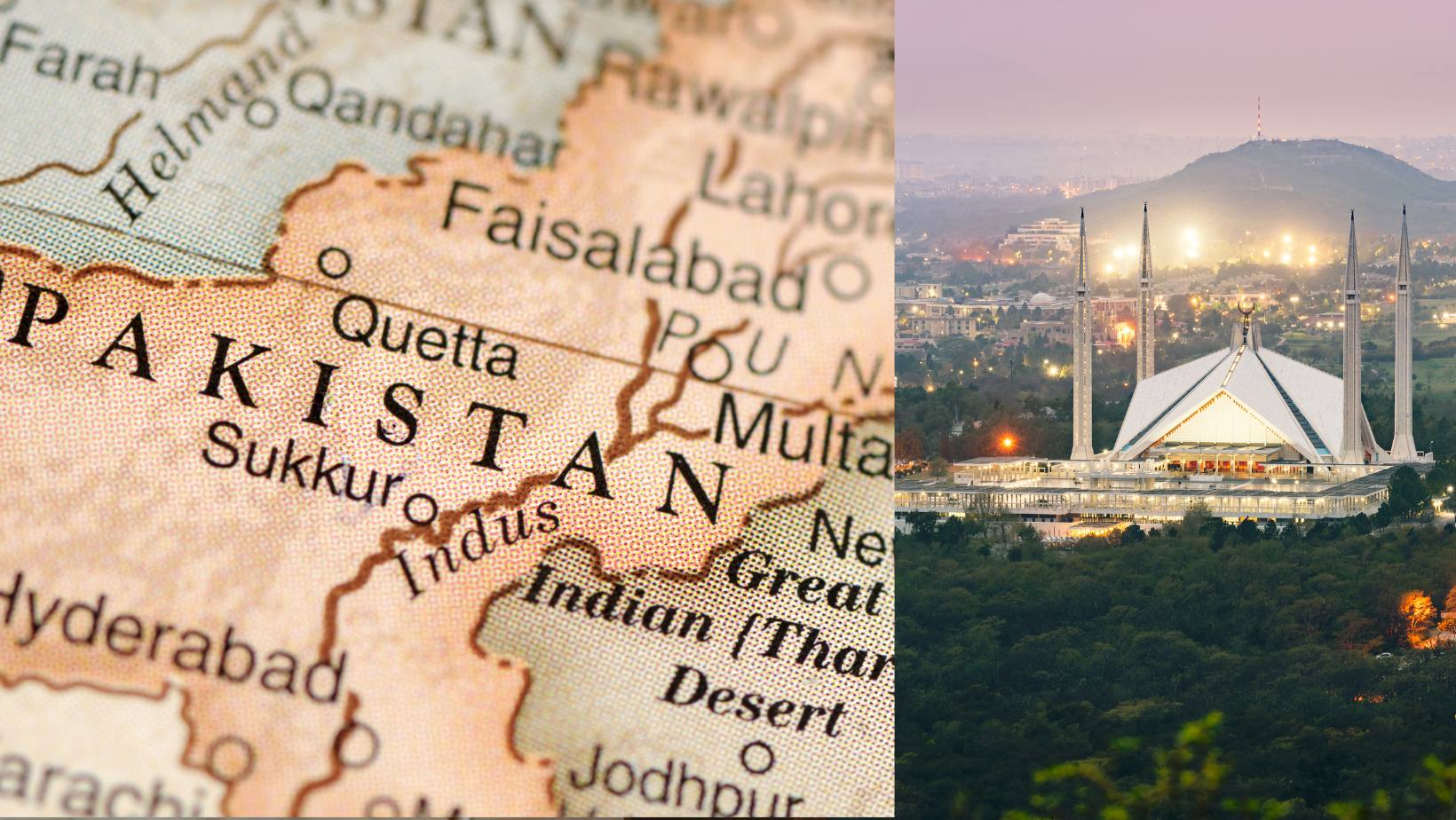Every August 14, millions of people across Pakistan and around the world come together to commemorate Pakistan Independence Day. This significant date marks the country’s liberation from British colonial rule in 1947 and the establishment of Pakistan as a sovereign nation. The day serves as a powerful reminder of the struggle for freedom, the importance of national identity, and the ongoing journey of nation-building.
The Historical Context of Pakistan’s Independence
The story of Pakistan’s independence is deeply intertwined with the broader narrative of the Indian subcontinent’s struggle against British colonialism. Key milestones include:
- 1858: The British Crown assumes direct control over the Indian subcontinent, beginning the period known as the British Raj.
- 1906: The All-India Muslim League is founded, laying the groundwork for the eventual creation of Pakistan.
- 1930: Allama Muhammad Iqbal proposes the idea of a separate Muslim state in his famous Allahabad Address.
- 1940: The Lahore Resolution (later known as the Pakistan Resolution) formally demands the creation of independent Muslim states.
- August 14, 1947: Pakistan gains independence, with Muhammad Ali Jinnah as its first Governor-General.
The Significance of August 14
Pakistan Independence Day holds profound importance for several reasons:
- Sovereignty: It marks the end of colonial rule and the birth of a new nation.
- Religious Freedom: The day symbolizes the creation of a homeland where Muslims could freely practice their faith.
- National Identity: It represents the culmination of the Pakistan Movement and the realization of a distinct national identity.
- Sacrifice: The day honors the millions who struggled, sacrificed, and persevered for the cause of independence.
Celebrating Pakistan Independence Day
The celebrations of Pakistan Independence Day are vibrant and multifaceted:
1. Flag Hoisting Ceremonies
The day begins with official flag-raising ceremonies in Islamabad and across the country, accompanied by the national anthem.
2. Political Addresses
The President and Prime Minister deliver speeches, reflecting on the nation’s history and outlining visions for its future.
3. Cultural Events
Parades, concerts, and exhibitions showcase Pakistan’s rich cultural heritage and diversity.
4. Educational Activities
Schools and universities organize special programs, including debates, art competitions, and historical reenactments.
5. Community Gatherings
Families and communities come together for feasts, featuring traditional Pakistani cuisine.
Pakistan’s Journey Since Independence
Since 1947, Pakistan has faced numerous challenges and achieved significant milestones:
- Economic Growth: Pakistan has become the world’s 26th largest economy.
- Nuclear Capability: The country joined the nuclear club in 1998.
- Educational Advancements: Pakistan has produced notable intellectuals and a Nobel laureate in Malala Yousafzai.
- Cultural Influence: Pakistani literature, music, and cinema have gained international recognition.
Looking to the Future
As Pakistan celebrates its independence, the nation also looks ahead to the challenges and opportunities of the 21st century. Key areas of focus include:
- Economic Development: Strengthening industries and attracting foreign investment.
- Education: Improving access to quality education for all citizens.
- Regional Stability: Working towards peace and cooperation in South Asia.
- Technological Advancement: Embracing innovation and digital transformation.
Global Observance
Pakistan Independence Day is not only celebrated within the country but also by Pakistani communities worldwide. Diaspora populations organize events, parades, and cultural festivals to maintain connections with their heritage and share Pakistani culture with their adopted countries.
Conclusion
Pakistan Independence Day is more than just a historical commemoration; it’s a celebration of national identity, cultural pride, and the ongoing journey of a nation. As Pakistan marks another year of independence, it’s an opportunity for reflection on the past, appreciation of the present, and aspiration for the future.
Whether you’re in Karachi or Islamabad, London or New York, August 14 is a day to proudly display the green and white, to remember the sacrifices of those who came before, and to reaffirm the commitment to the principles of “Unity, Faith, and Discipline” that have guided Pakistan since its inception.
As we observe this significant day, let us remember that independence is not just a historical event but an ongoing process of nation-building, requiring the collective efforts of all citizens. Pakistan Independence Day serves as a reminder of the power of determination, the importance of national unity, and the endless possibilities that lie ahead for this young and vibrant nation.
